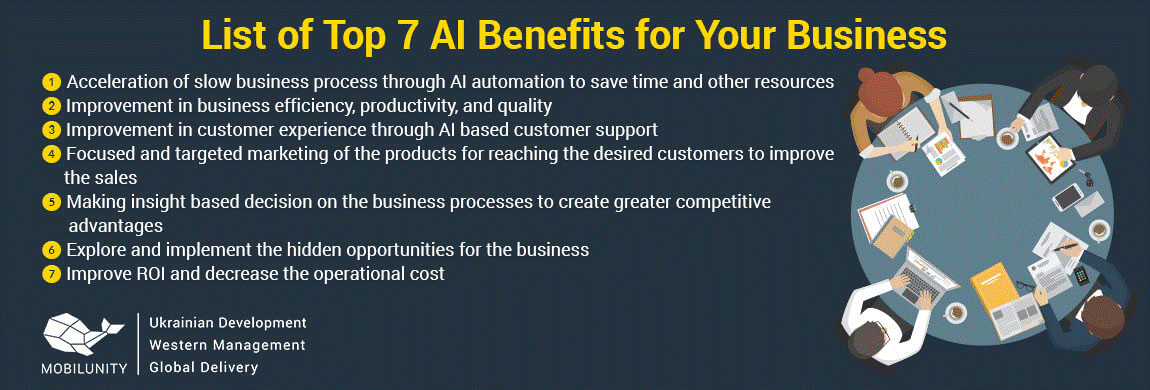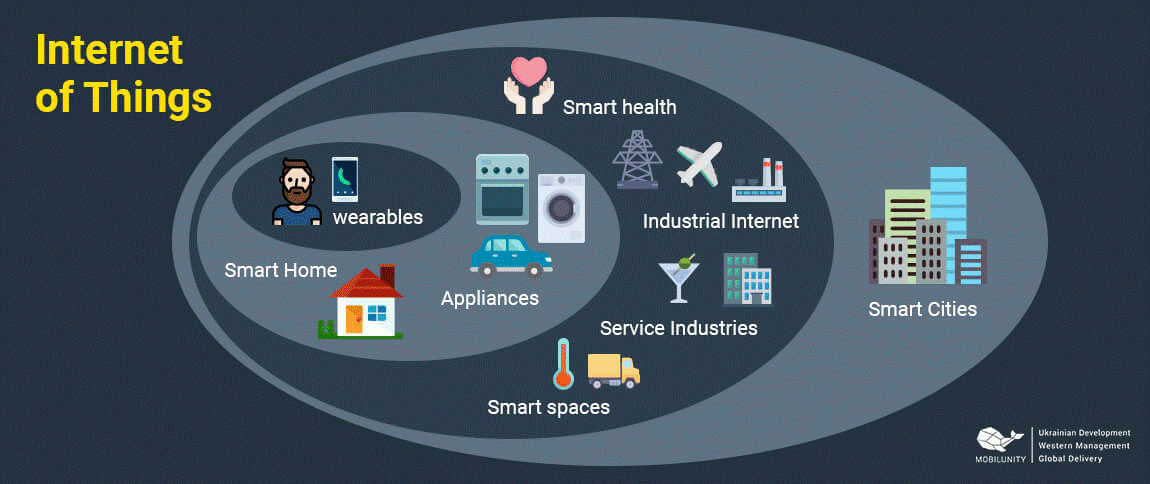Mar 27
2019
Digital Health Trends To Watch In 2019
Technology is the new creed that has literally touched almost every aspect of our life. Be it communication, traveling, or exercising, we are always interacting with technology. However, healthcare has always been considered a very conservative area in terms of technology deployment. This is because, in its very nature, healthcare mainly deals with human life which calls for utmost precaution. But the emergence of machine learning and artificial intelligence has sparked innovation and a myriad of solutions that are already working in the healthcare industry.
 At the forefront of this growth are Android-powered smartphone devices. It’s estimated that 88 percent of all the devices sold in the last quarter of 2018 were all powered by Android. It shouldn’t then come as a surprise that companies are looking to hire Android developers to build health-care related apps.
At the forefront of this growth are Android-powered smartphone devices. It’s estimated that 88 percent of all the devices sold in the last quarter of 2018 were all powered by Android. It shouldn’t then come as a surprise that companies are looking to hire Android developers to build health-care related apps.
But what does the future hold for tech solutions in the health industry? In this article, we are going to look at the trends in healthcare to look out for in 2019 and a few examples of apps for healthcare.
Artificial Intelligence and Machine Learning
“If you’re arguing against AI then you’re arguing against safer cars that aren’t going to have accidents, and you’re arguing against being able to better diagnose people when they’re sick.” – Mark Zuckerberg during a live Facebook video in 2016.
Artificial intelligence and machine learning are getting increasingly sophisticated to the extent of surpassing human capability and the potential for these two technologies in the healthcare ecosystem are huge.
One of the biggest potential benefits of AI in 2019 is helping people to stay healthy without consulting a doctor, or at least do it less often. Coupled with the Internet of Medical Things (IoT), AI is already being used to develop consumer health apps that proactively show patients how to stay healthy.
Moreover, AI is increasingly being used by healthcare professionals to gain deep insights and better understand of routine patterns occurring in patients. With these deeper insights, the caregivers are able to give better diagnosis, guidance, and support to the patients. For instance, the American Cancer Society is already using AI to detect cancer at the initial stages with 99 percent accuracy.
Product development is another area that AI and machine learning are being used. R&D in the medical field can be painstakingly slow and costly given that hundreds of variables need to interact with each other. Today, medical researchers are using AI to safely explore biological and chemical interactions of drugs using the discovery process and clinical data.
 Another area you can get artificial intelligence in healthcare is through workflow optimization. It helps automate repetitive tasks such as routine paperwork, patient scheduling, and time-folio entry.
Another area you can get artificial intelligence in healthcare is through workflow optimization. It helps automate repetitive tasks such as routine paperwork, patient scheduling, and time-folio entry.
Wearables and Augmented Reality
I do think that a significant portion of the population of developed countries, and eventually all countries, will have AR experiences every day, almost like eating three meals a day. It will become that much a part of you.” — Tim Cook at the 2016 Utah Tech Tour – source.
Virtual wearables and augmented reality devices are other emerging healthcare trends proposing to make significant advances in the healthcare space in terms of diagnosis and medical education.
On one side of the scale, virtual reality superimposes a patient in an artificially created surrounding, whereas, augmented reality helps generate layered images to real like objects. As a result, these technologies are and will continue being used by emergency response services providers to relay critical first aid information before the first responders arrive at the hospital.
In the prevention and diagnostics front, VR/AR has allowed medical care providers to create and manipulate different camera colors to reflect or replicate pre-existing effects in their databases.
But perhaps, the biggest impact of VR can be seen in 3D reconstructions of human organs. This has proven important especially when surgeons need to re-create the exact size and positioning of human organs before conducting complicated surgeries. Having the same exact replica of human organs give surgeons the know-how on how to deal with particular organs no matter how small they are.
In terms of medical education, both VW and AR have been great tools in transforming the way students learn. Surgeons are able to rehearse surgery procedures using dummies quicker and without having to use actual human bodies.
Telemedicine
“The evidence supporting the role of telemedicine is strong. Studies have shown that telemedicine promotes continuity of care, decreases the cost of care, and improves patient self-management and overall clinical outcomes” — Stephen Agboola, MD, at the 2016 Annual Partners Healthcare Connected Health Symposium.
The internet age has brought along profound changes in the telemedicine landscape. In the earlier years, telemedicine was strictly limited to doctor and nurse consultation. However, the proliferation of smart mobile devices that are capable of transmitting high-quality videos has opened up avenues for virtual healthcare services from specialists to patients straight in their homes. This is especially paramount in remote areas where doctors can’t easily reach.